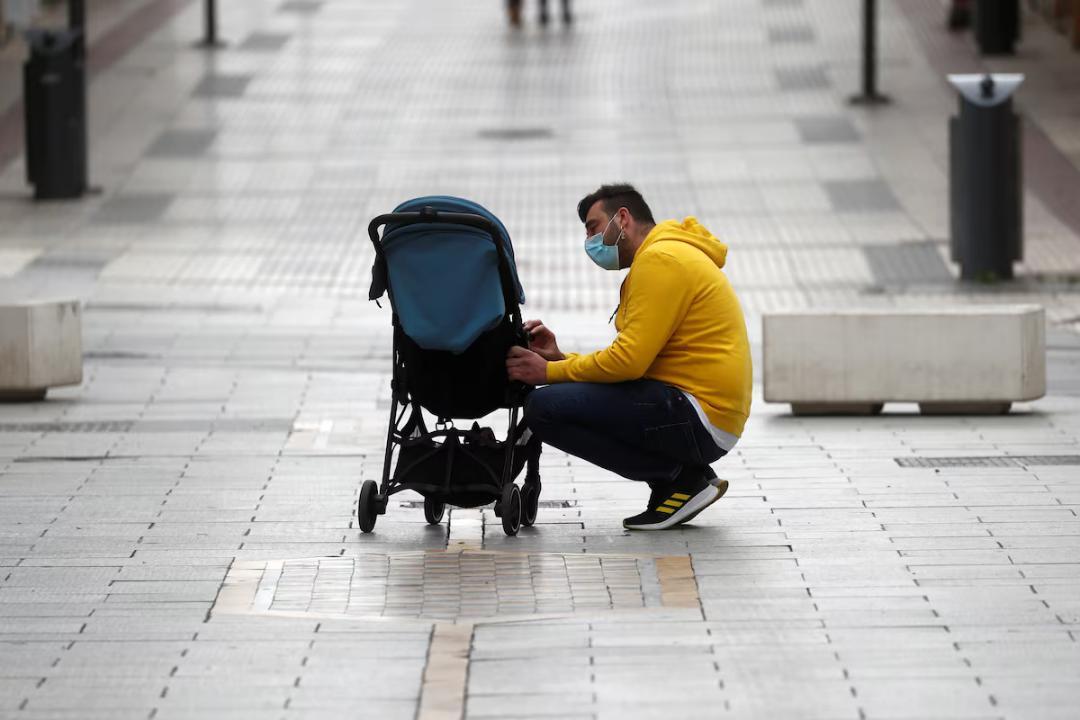
Spain to Offer 17 Weeks of Parental Leave to Both Mothers and Fathers
In a significant move towards promoting gender equality and supporting new parents, Spain has announced plans to extend its parental leave policy to 17 weeks, with both mothers and fathers entitled to equal and fully-paid leave after the birth of a baby. This development makes Spain one of the most generous countries in Europe when it comes to parental leave, and a trailblazer in promoting equal sharing of childcare responsibilities between parents.
The new policy, which is set to come into effect in the coming years, is part of a broader effort to address the country’s gender imbalance and promote greater equality in the workplace. According to the Spanish government, the new policy is designed to give both mothers and fathers the opportunity to bond with their new baby, care for them, and support each other during this critical period.
Currently, Spain offers 16 weeks of fully-paid parental leave to both mothers and fathers, with an additional week of leave available to mothers who give birth. However, the new policy will see this additional week made available to all parents, regardless of gender. This means that new parents will be entitled to a total of 17 weeks of fully-paid leave, allowing them to spend more time with their baby and adjust to their new role as parents.
Spain’s decision to offer equal parental leave to both mothers and fathers is a significant departure from the traditional gender roles that have long been prevalent in many European countries. For centuries, it has been assumed that mothers would take on the primary caregiving role, while fathers would be expected to provide financial support. However, in recent years, there has been a growing recognition that this traditional division of labor is no longer sustainable, and that both parents should share the responsibilities of childcare and parenting.
Finland is the only other EU country to offer equal, fully-paid birth leave to both parents, and Spain’s decision to follow suit is likely to have a significant impact on the way that parents approach childcare and work-life balance. By providing both mothers and fathers with the opportunity to take time off work to care for their new baby, Spain is sending a powerful message about the importance of equality and the need to support new parents in their roles.
The new policy is also expected to have a positive impact on the country’s workforce, as it will allow parents to take the time they need to care for their baby without worrying about the financial implications. This, in turn, is likely to lead to increased job satisfaction, reduced absenteeism, and improved productivity.
The announcement of the new policy has been welcomed by many in Spain, who see it as a major step forward in the country’s efforts to promote gender equality. “Spain is moving towards feminism…and there’d be no turning back,” said a Spanish minister, emphasizing the government’s commitment to promoting greater equality and supporting new parents.
The new policy is also likely to have a positive impact on Spain’s economy, as it will help to reduce the country’s high childcare costs. According to the Spanish government, the new policy is expected to save families around €1,000 per year, which will help to reduce the financial burden of childcare and make it easier for families to balance their work and family responsibilities.
In conclusion, Spain’s decision to offer 17 weeks of parental leave to both mothers and fathers is a significant step forward in the country’s efforts to promote gender equality and support new parents. By providing both parents with the opportunity to take time off work to care for their new baby, Spain is sending a powerful message about the importance of equality and the need to support new parents in their roles. As the country continues to evolve and adapt to the changing needs of its citizens, it is likely that this policy will play an important role in shaping the country’s future and promoting greater equality for all.
Source:





